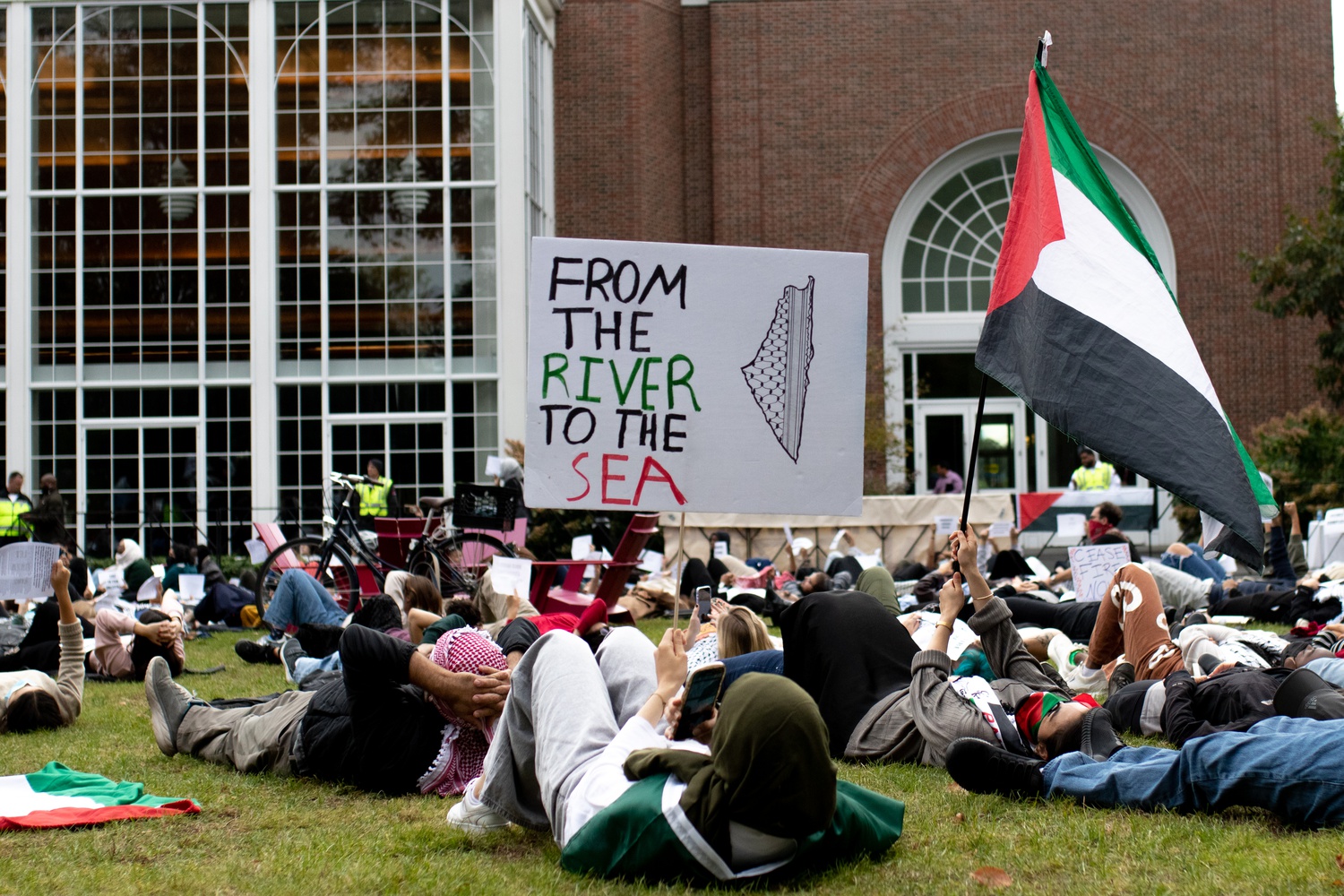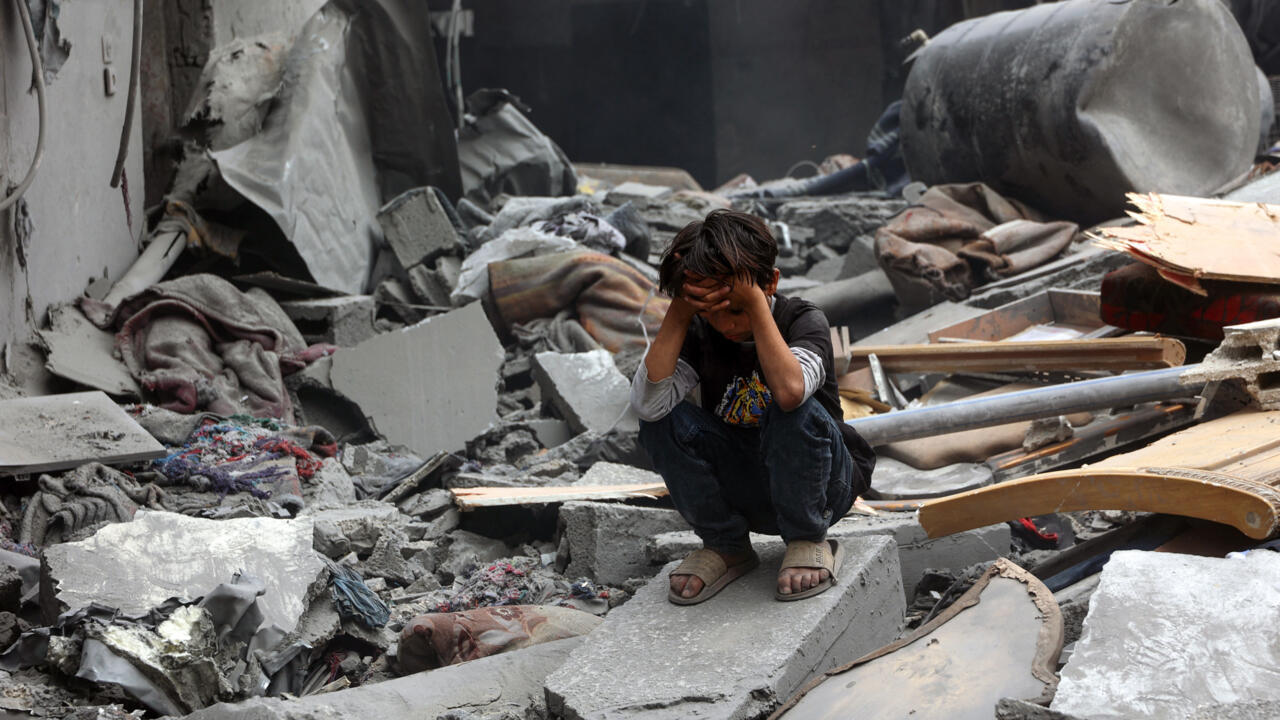Human Lives Human Rights: The exploitation of migrant workers in Saudi Arabia reveals extensive human rights violations, including wage theft, unsafe work environments, and excessive working hours. These risks are prevalent in sectors such as construction, domestic labor, and detention facilities, as highlighted in the documentary “Kingdom Uncovered: Inside Saudi Arabia.”
The treatment of migrant workers in Saudi Arabia has sparked significant international concern due to the pervasive exploitation and alarming mortality rates among workers involved in the country’s large-scale megaprojects.
Since the launch of construction on NEOM, Saudi Arabia’s flagship megacity as part of the Vision 2030 initiative, it is estimated that approximately 21,000 migrant workers have lost their lives. This grim statistic averages out to over eight fatalities each day over the last eight years, with many workers reported as missing.
The majority of those who have died come from Nepal, India, and Bangladesh, with over 14,000 Indian workers alone having died during this period.
The statistics presented in the “Kingdom Uncovered: Inside Saudi Arabia” documentary illustrate the serious dangers that migrant workers endure throughout the country.
Alongside the high fatality rates, many migrants contend with poor working conditions, wage theft, and exhausting hours that often exceed international labor standards. Reports indicate that workers may toil for up to 84 hours a week, despite Saudi law setting a legal cap of 60 hours for work, including overtime.
The Situation of Domestic Workers
Domestic workers in Saudi Arabia stand out as some of the most susceptible to exploitation and abuse.
Many of these workers resort to social media as a last-ditch effort to seek assistance, sharing their accounts of sexual abuse and mistreatment.
Those who attempt to escape from abusive employers frequently find themselves outside the formal labor system, effectively leaving them ensnared in exploitative arrangements within the black market.
The issue of fleeing workers is critical, as they risk detention and further mistreatment.
Conditions in Detention Centers
Under the current regime, Saudi Arabia has detained more than eight million individuals for immigration-related violations, with over 40,000 people held in various detention centers.
Conditions within these facilities have been described as horrific, with reports indicating that detainees are forced to sleep in plastic bags and have limited access to water, alongside a complete lack of basic services.
The Saudi government has allegedly prohibited mobile phones in these detention centers to prevent documentation of abuses rather than addressing the inhumane treatment.
The International Response
The treatment of migrant workers in Saudi Arabia has drawn comparisons to the exploitation seen during Qatar’s preparations for the 2022 FIFA World Cup, where at least 6,600 workers lost their lives.
Despite these critical issues, Saudi Arabia was officially named the host for the 2034 FIFA World Cup in 2024.
Human rights organizations and labor advocates continue to press FIFA to reconsider this decision, emphasizing the structural and pervasive nature of labor violations in Saudi Arabia.
Following Saudi Arabia’s unsuccessful bid for a seat on the UN Human Rights Council, calls for accountability have intensified.
Civil society groups and international governments are increasingly urging the Saudi government to enhance protections for migrant workers, close enforcement loopholes, and expand labor laws to encompass all workers, including domestic helpers.
The Saudi Government’s Response and Ongoing Challenges
The Saudi government has categorically denied claims of systemic abuse, pointing to reforms made to the kafala system and improvements in occupational health and safety standards.
These reforms include protections against severe summer working conditions and the introduction of health insurance for workers.
However, significant enforcement gaps and the exclusion of domestic workers from essential labor protections fundamentally weaken these reforms.
The Role of Civil Society and Global Pressure
Advocates assert that unless the Saudi government undertakes thorough measures to safeguard the rights of migrant workers, civil society must spearhead the effort to hold the government accountable.
This includes lobbying FIFA to prioritize human rights in their evaluation of bids and potentially withdrawing Saudi Arabia’s rights to host the 2034 World Cup.
Increased scrutiny from international media, such as the ITVX documentary, has provided further impetus for these initiatives.
The documentary features unique footage of working conditions, personal accounts of abuse, and evidence of widespread exploitation.
Western governments are being urged to reevaluate their engagement strategies with Saudi Arabia.
A Call for Accountability
Migrant workers are essential to Saudi Arabia’s economic aspirations, yet they continue to endure perilous and degrading conditions.
Without substantial reform and accountability, abuse will persist, casting a shadow over the Kingdom’s image and undermining claims of progress and modernization.
Source: Walk Free


















